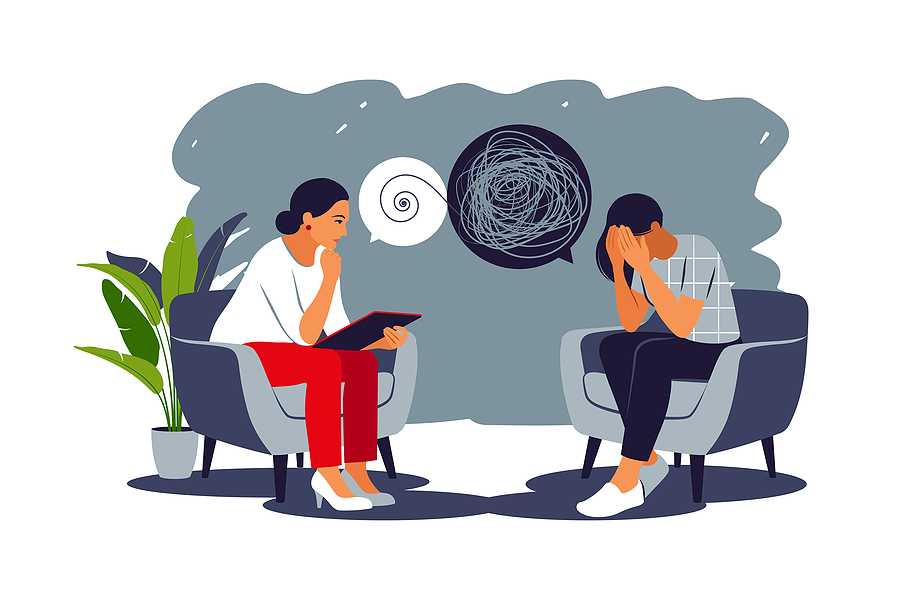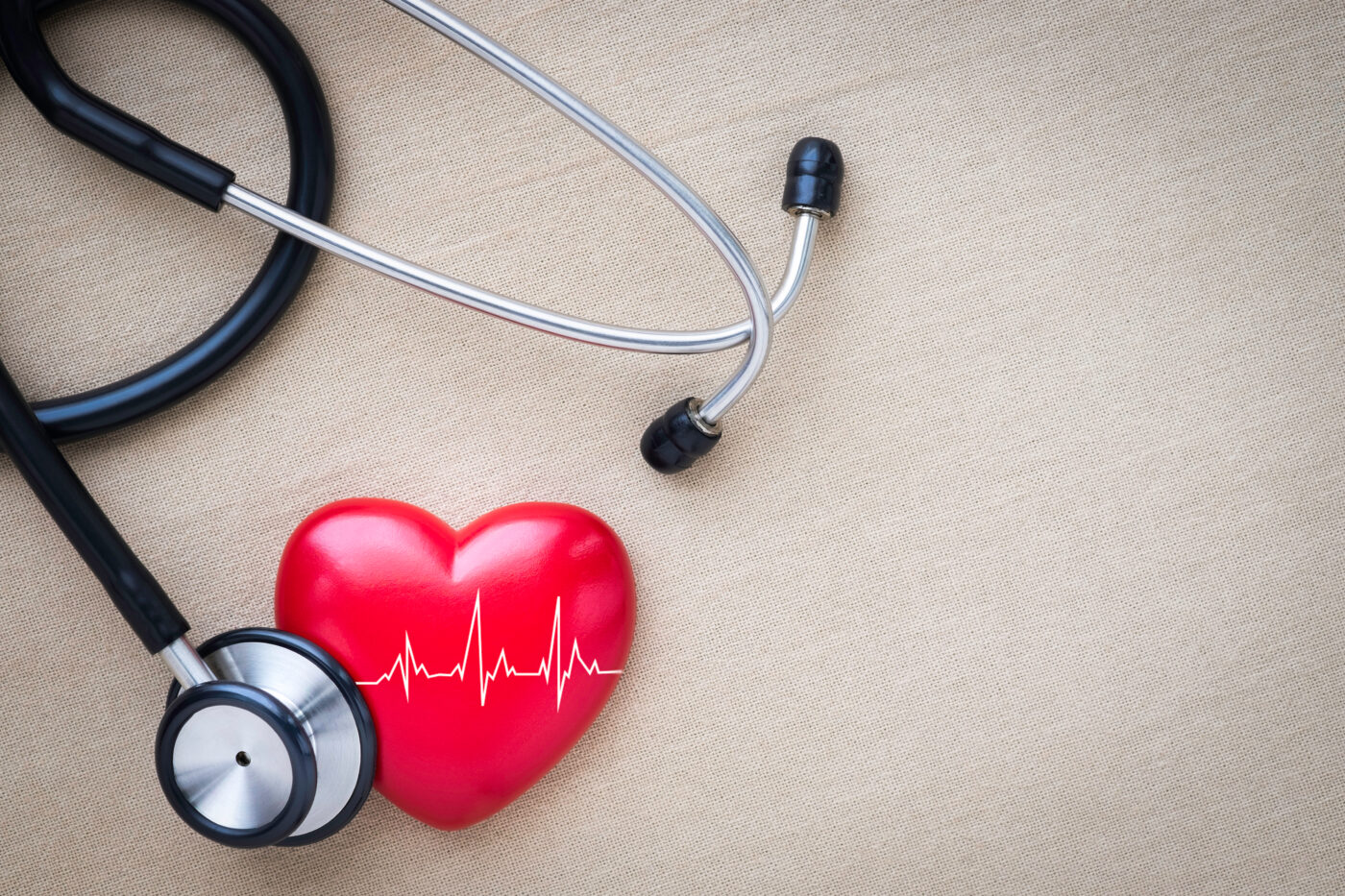Dr. Scott Saunders sees a lot of patients in his office with various health concerns. Some of the most common are type 2 diabetics and pre-diabetics, with the main mental health struggle being depression.
Referred to as the “common cold” of mental illness in many psychiatric circles, depression is a common experience that almost everybody goes through at some point in their lives. It can be occasional, along with anxiety, or it can be constant.
Diabetes can have a significant impact on mental health, causing depression and anxiety. When a patient is diagnosed with diabetes, it can change their sense of self and who they are, leading to a grieving process that includes depression. The loss of health can be a significant blow, and the thought of taking medication for the rest of one’s life can be overwhelming.
Depression can also worsen diabetes, as patients may lose hope and feel that there is nothing of value to look forward to in their lives. The symptoms of depression can also lead to poor lifestyle choices, such as eating unhealthy foods, which can exacerbate diabetes. When patients are depressed, they may not feel like taking care of themselves, and they may lose interest in activities that they once enjoyed.
Anxiety can also be a significant problem for patients with diabetes, as fluctuations in blood sugar levels can cause instability and fear about what may happen next. Low blood sugar levels can also cause anxiety, making it challenging for patients to go out and engage in activities that they once enjoyed.
It is essential to manage diabetes effectively and seek treatment for any mental health concerns that may arise. A healthy lifestyle, including regular exercise and a balanced diet, can also help to improve both physical and mental health. If you are struggling with diabetes or any mental health concerns, it is essential to speak with your healthcare provider to develop an effective treatment plan. Remember, you are not alone, and there is help available to manage both diabetes and mental health concerns.
-Leslie Prins
*The 988 Suicide & Crisis Lifeline is a United States-based suicide prevention network of over 200+ crisis centers that provides 24/7 service via a toll-free hotline with the number 9-8-8. It is available to anyone in suicidal crisis or emotional distress.



